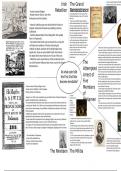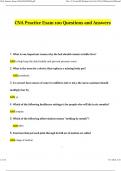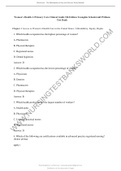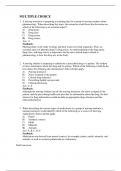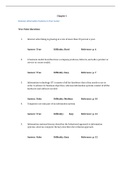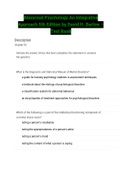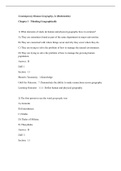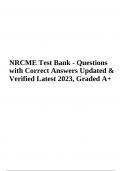Summary
Revision Wheel: Stuarts () - Events Leading to the First Civil War | Revision Summary
- Institution
- OCR
This revision wheel contains absolutely everything you need to know about the most important events leading to the First Civil War. It will allow you to make top-level responses which consider these events thoroughly. It is optimised for retrieval practise, one of the most effective revision techni...
[Show more]
